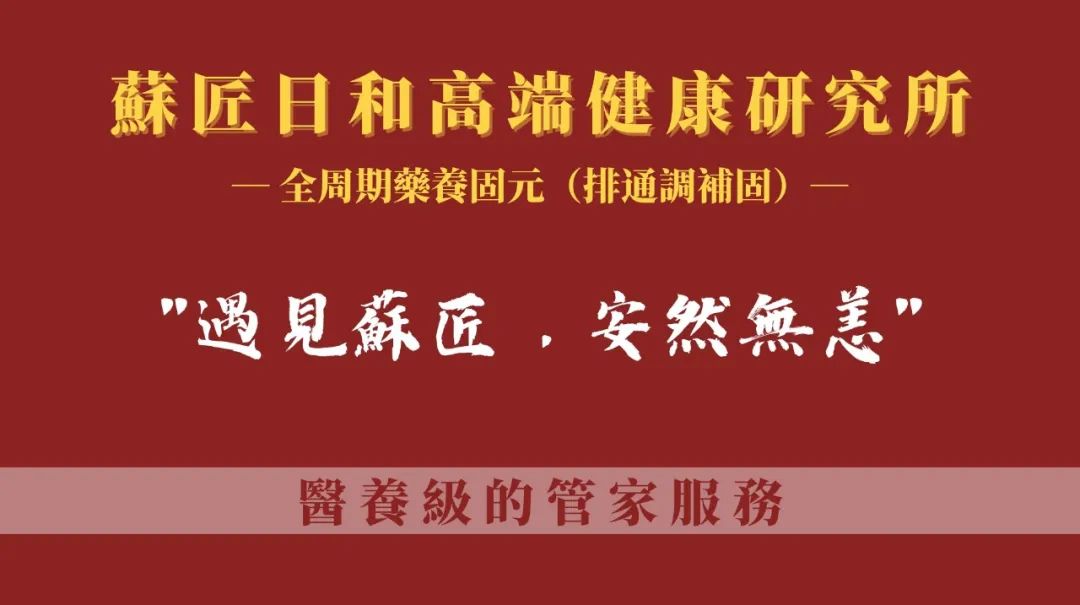 What we commonly refer to as Yin Deficiency (Yin Xu) primarily focuses on the lungs, spleen, and kidneys. As for Heart (Xin) and Liver (Gan) Yin Deficiency, since it is more related to blood, it is categorized under Blood Deficiency (Xue Xu).Therefore, insufficient body fluids in the lungs is termed Lung Yin Deficiency (Fei Yin Xu), insufficient essence in the kidneys is Kidney Yin Deficiency (Shen Yin Xu), insufficient fluids in the heart is Heart Yin Deficiency (Xin Yin Xu), insufficient fluids in the liver is Liver Yin Deficiency (Gan Yin Xu), and insufficient fluids in the spleen is Spleen Yin Deficiency (Pi Yin Xu).
What we commonly refer to as Yin Deficiency (Yin Xu) primarily focuses on the lungs, spleen, and kidneys. As for Heart (Xin) and Liver (Gan) Yin Deficiency, since it is more related to blood, it is categorized under Blood Deficiency (Xue Xu).Therefore, insufficient body fluids in the lungs is termed Lung Yin Deficiency (Fei Yin Xu), insufficient essence in the kidneys is Kidney Yin Deficiency (Shen Yin Xu), insufficient fluids in the heart is Heart Yin Deficiency (Xin Yin Xu), insufficient fluids in the liver is Liver Yin Deficiency (Gan Yin Xu), and insufficient fluids in the spleen is Spleen Yin Deficiency (Pi Yin Xu).
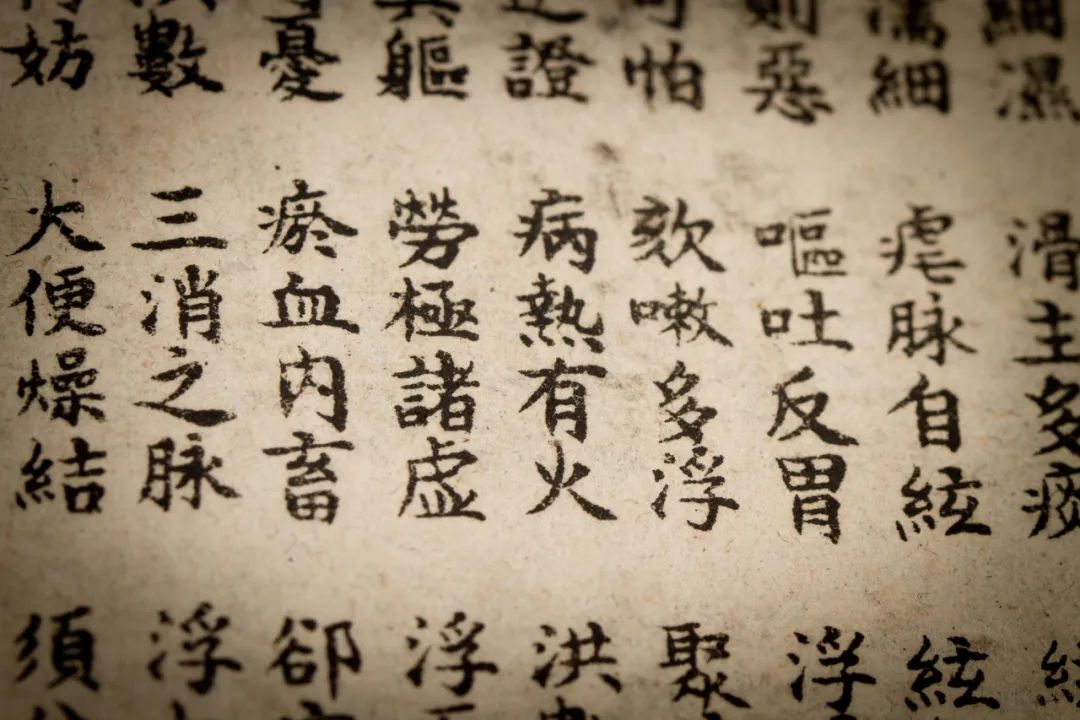
Thus, the definition of Yin Deficiency is a state of constitution characterized by a deficiency of body fluids, essence, and blood, leading to a lack of nourishment in related organs and tissues, and internal heat as the main symptoms. Since essence, blood, and body fluids are all considered Yin, this condition is termed Yin Deficiency, commonly seen in patients after prolonged illness or heat diseases that cause internal consumption of Yin fluids.
Heavenly born one, one gives birth to water, water gives rise to all things, greatly stored in water. Water is the source of life, the foundation of health, and also the foremost of all medicines. Once a person lacks the nourishment of water, it is like a dried riverbed, losing the luster of life.
Yin Deficiency is akin to the body lacking the nourishment of water. “Water” is the source of life; a body that is “lacking water” is naturally dry and devoid of vitality.
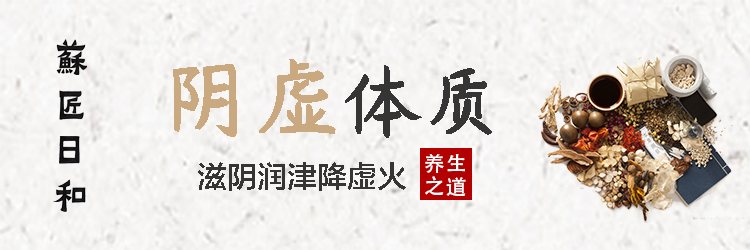
Individuals with Yin Deficiency exhibit dryness and lack of moisture, and may even have excessive internal heat. With insufficient Yin fluids, the body loses its nourishing moisture, so these individuals are often slender and rarely overweight. They frequently experience dry mouth and throat, constantly drinking water, and often carry a cup wherever they go. Additionally, they may experience dryness and discomfort in orifices, such as nasal dryness. Yin Deficiency can be categorized into three types. The first type is Upper Jiao Yin Deficiency, such as Lung Yin Deficiency and Heart Yin Deficiency.When the lungs exhibit Yin Deficiency, patients typically present with respiratory symptoms. For example, sore throat, night sweats, hoarseness, and increased phlegm can occur. These symptoms can significantly impact daily life and may easily trigger chronic pneumonia.
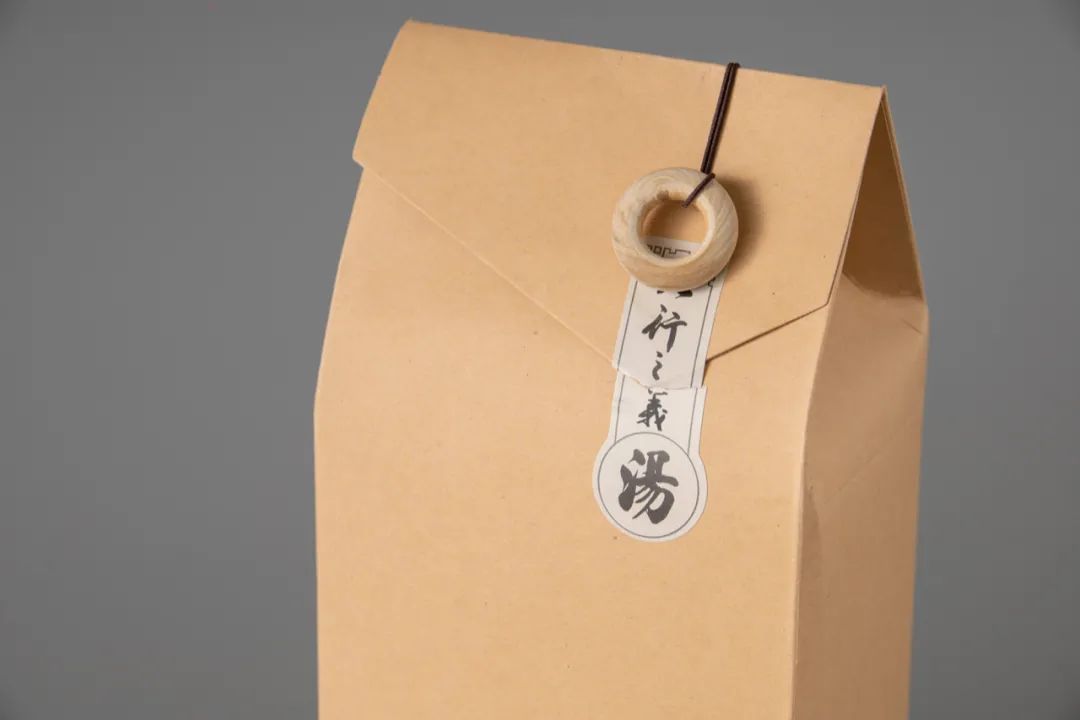
Additionally, Upper Jiao Yin Deficiency can manifest as Heart Yin Deficiency.The heart may appear active but is also prone to issues; it can be “deficient” in a sense, but not in the joking manner of “heart deficiency.” When the heart is in a state of Yin Deficiency, sleep may be affected, leading to symptoms such as vivid dreams, night sweats, palpitations, and shortness of breath. Patients often feel chest tightness and palpitations. The second type of Yin Deficiency manifests in the Middle Jiao, particularly in the spleen and stomach.Individuals in this category are often very thin, with a poor appetite and a tendency to constipation, often taking a long time to have a bowel movement. When they do feel the urge, the stool is often dry at first and then loose. They frequently feel fatigued, weak, and have dry lips, with minimal urine output. This condition is particularly exacerbated in summer.

The third type of Yin Deficiency manifests in the Lower Jiao, primarily as Kidney Yin Deficiency.Patients with Kidney Yin Deficiency often exhibit multiple symptoms, including insomnia and vivid dreams, and may also experience lower back and leg soreness. Both men and women can experience Kidney Yin Deficiency; in women, it may present as irregular menstruation or even amenorrhea, while in men, it may manifest as declining physiological function, leading to symptoms such as premature ejaculation and impotence.

In TCM, dietary management plays a crucial role. For individuals with Yin Deficiency, here are some suitable dietary recommendations:1. Increase fluid intake:Thirst and dry mouth are among the most common symptoms of Yin Deficiency, so it is essential to increase water consumption. Additionally, consuming light, water-rich foods such as watermelon, apples, and pears is very beneficial.2. Consume nourishing foods:Foods like lotus seeds, sesame, walnuts, white fungus, lily bulbs, and goji berries can help nourish the body and alleviate symptoms of dry mouth and throat.3. Increase protein intake:Individuals with Yin Deficiency are prone to malnutrition, so it is necessary to increase protein intake. Consuming lean meats, fish, and soy products is recommended, while also controlling the intake of greasy and spicy foods.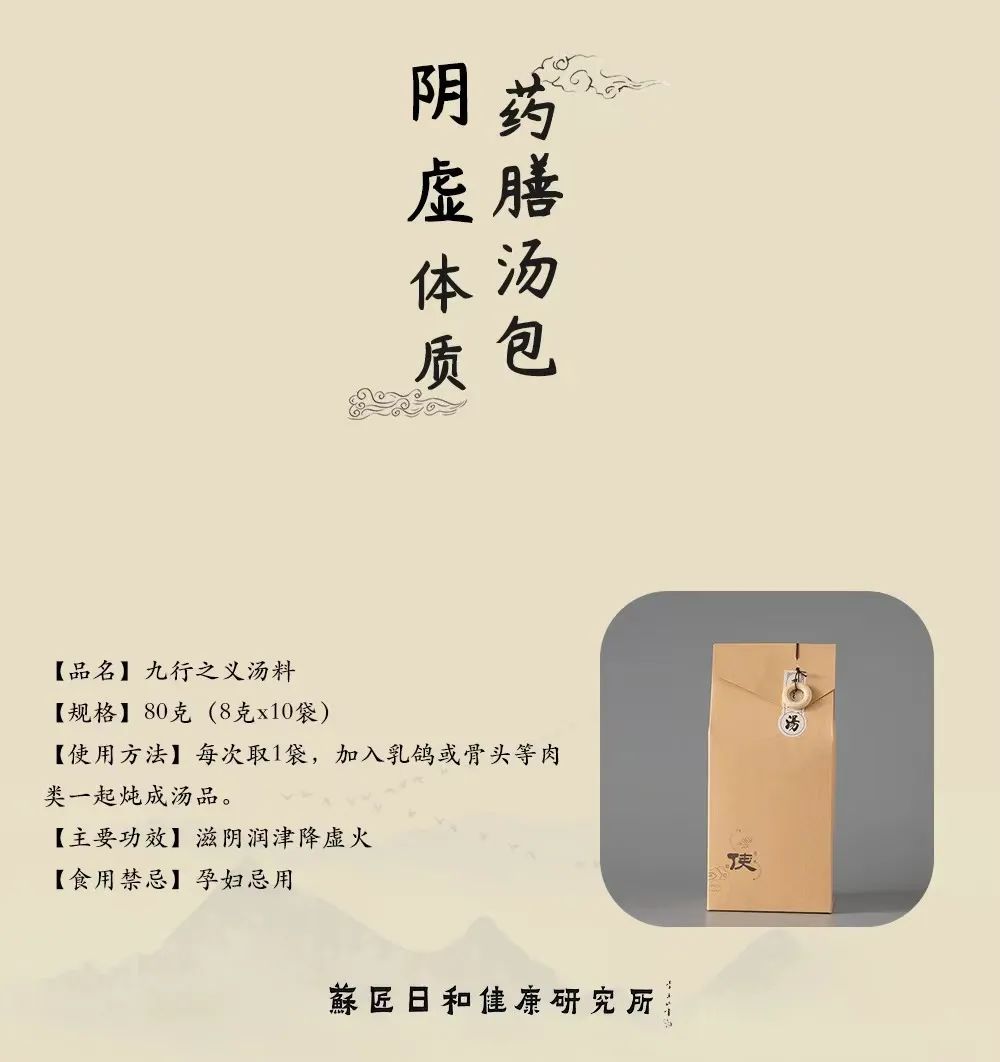 4. Eat light and easily digestible foods:Individuals with Yin Deficiency often have weak spleen and stomach functions, so it is advisable to consume light and easily digestible foods such as rice porridge, noodles, and plain congee.5. Maintain emotional stability:Emotional fluctuations can exacerbate the state of Yin Deficiency, so it is important to keep a stable mood and avoid excessive fatigue and anxiety.
4. Eat light and easily digestible foods:Individuals with Yin Deficiency often have weak spleen and stomach functions, so it is advisable to consume light and easily digestible foods such as rice porridge, noodles, and plain congee.5. Maintain emotional stability:Emotional fluctuations can exacerbate the state of Yin Deficiency, so it is important to keep a stable mood and avoid excessive fatigue and anxiety.

Specifically, in terms of diet, one can consume more nourishing foods such as lotus seeds, sesame, walnuts, white fungus, lily bulbs, and goji berries, while ensuring adequate fluid intake, drinking plenty of water or herbal teas that nourish the lungs and clear heat, such as chrysanthemum tea, pomelo peel tea, and rose tea.At the same time, one should avoid spicy and stimulating foods, as well as control the intake of greasy and high-calorie foods to prevent exacerbating the state of Yin Deficiency.
Written by / Su

© Guangdong Sujiang Rihuo Cultural Development Co., Ltd.© Guangdong Sujiang Rihuo Health Management Co., Ltd.© Guangdong Sujiang Rihuo Wine Co., Ltd.Sujiang Rihuo Health Research InstituteSujiang Rihuo Art MuseumAddress:10th Floor A1001-A1006, Yingjun Building, 103-65 Yingbin Avenue, Huadu District, GuangzhouPhone: 020-36986939;13926288177▼ Click “Read More” to enter the health micro-mall

